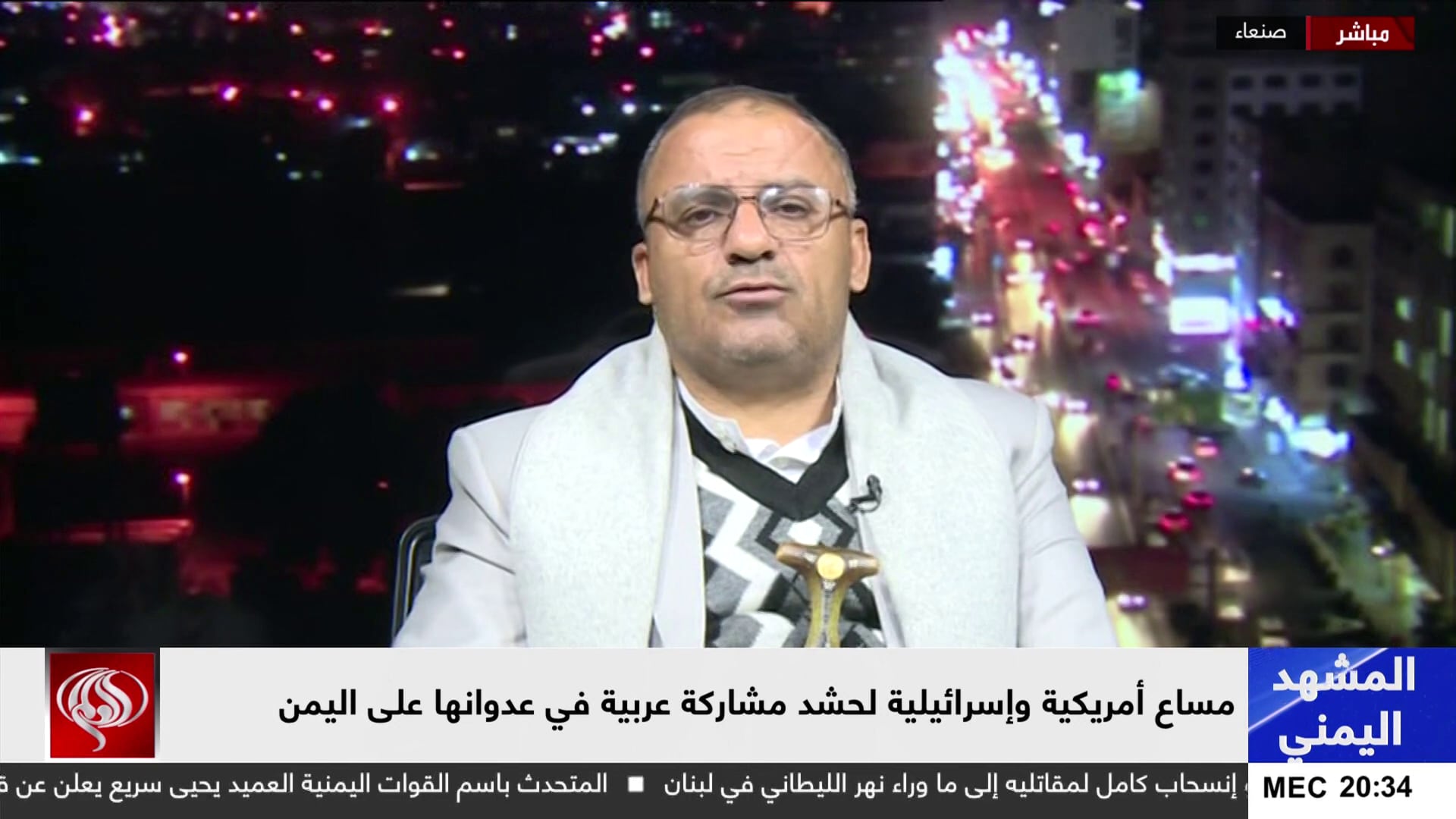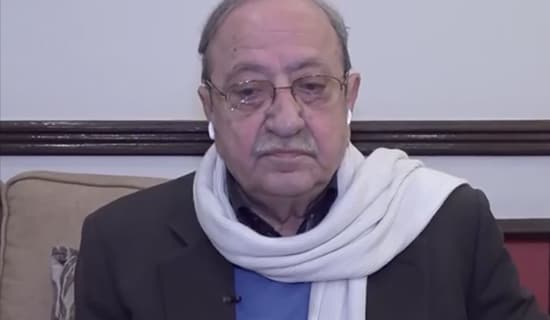
The following excerpts are from an interview with Lebanese Druze leader Walid Jumblatt, which aired on BBC Arabic TV on May 11, 2010.
Walid Jumblatt: The Western countries always want to sow strife in the Arab and Islamic world. Thank God that we have managed, along with the March 8 Alliance – under the auspices of Qatar and the Arab world in its entirety – to consolidate dialogue in Lebanon, and we have avoided the sectarian strife that was planned for Lebanon.
Interviewer: You have been quoted as saying that you are convinced that the [violent] events of May 7, 2008 will not repeat themselves. Some may ask whether you have any guarantee of that from Hizbullah, which has the weapons you once dubbed the “weapon of treachery.”
Walid Jumblatt: Back then, tensions were running high, and statements were extremely intense. If your intention is to take us back to the statements of that time – I hope that we do not return to those accursed statements.
Interviewer: Were those statements wrong or based on mistaken information?
Walid Jumblatt: They were based on mistaken information or mistaken analysis.
Interviewer: Which were made available to you?
Walid Jumblatt: This information was circulating, and the atmosphere was very tense. Today, the Doha Agreement constitutes the guarantee, which consolidated dialogue among the Lebanese. This is our guarantee for the future.
Interviewer: You agree with me that the issue of Hizbullah’s weapons was part of the problem back then, and there was discussion on whether Hizbullah should be disarmed, and so on. These weapons remain an issue of contention, which means that things could become volatile again.
Walid Jumblatt: On the contrary. As I have said time and again, these weapons will be gradually incorporated [into the Lebanese Army], at the appropriate political moment. But since these weapons are present, are efficient, and are necessary for the defense of Lebanon, so be it.
[...]
Interviewer: You’ve said that you will never forget the lessons of May 7. What are these lessons?
Walid Jumblatt: The most important thing is that we should make any possible concession in order to avoid civil strife or civil war.
[...]
Unless the West and some Arab countries give the Lebanese Army high-quality weapons, we are in need of the high-quality weapons of Hizbullah.
Interviewer: How long will it take for the Lebanese Army to develop the force needed as a defense against Israel? Do you want Hizbullah to maintain its weapons until the Lebanese army reaches the level of the Israeli army?
Walid Jumblatt: Absolutely not, but at the very least, we should approach the US, France, and other countries, and ask for efficient anti-tank weapons. But they would say: “No, this might harm the Israeli tanks.” If we were to ask them for anti-aircraft weapons, they would say: “No.” This is a vicious circle. Has the West managed to prevent Israel from entering our skies, lands, and waters?
Interviewer: If you had anti-aircraft weapons, would you fire them and start a war against Israel?
Walid Jumblatt: Of course. We have the right to defend ourselves.
[...]
We’ve agreed [with Hizbullah] on the basic principles – a special relationship with Syria and a truce with Israel. We want neither peace nor a settlement with Israel. This is the best way to defend ourselves.
Interviewer: Even if Israel offered to withdraw from the lands that you are demanding?
Walid Jumblatt: Even so. We will be able to take the risk of peace when a Palestinian state is established, and the Palestinian refugees return to their land.
[...]
Interviewer: Can you swear that Syria is not providing Hizbullah with weapons of any kind?
Walid Jumblatt: This is not about swearing. The purpose of the resistance is to defend Lebanon. Where it gets its weapons – that is its own business…
Interviewer: But it brings these weapons to the country [of Lebanon]...
Walid Jumblatt: As I’ve told you, we asked the Western countries to give Lebanon weapons sufficient for its defense. But the West gave us nothing but some equipment, part of which was good, part of which was not. Where does the resistance get its weapons? I don’t care.
[...]
Interviewer: If is as if you are saying that the weapons of Hizbullah are used only against Israel, and do not have any regional purpose, like serving as a tool in the hand of Iran, in order to strengthen the position of Hizbullah and the Shiites within Lebanon…
Walid Jumblatt: Excuse me, but you are getting into sectarian issues. This is inappropriate.
Interviewer: Do these sectarian issues exist or not?
Walid Jumblatt: With all due respect... You are fitting right into the Western fragmentation policy.
Interviewer: What, there are no sectarian disputes in Lebanon? This was brought by the West?
Walid Jumblatt: There used to be no sectarian disputes in Lebanon. Who tore Iraq to pieces if not America and the West? They manufactured this sectarian dispute, and slaughtered Iraq.
[...]
Interviewer: In the event of such a confrontation, would your political movement support Hizbullah, regardless of whether it is right or wrong?
Walid Jumblatt: We will support Lebanon in its defense against Israel. This is not an issue of supporting Hizbullah. We will confront the common enemy. No more and no less.
Interviewer: Does this mean that you will open Mount Lebanon, and let Hizbullah to deploy its weapons there in the event of a confrontation?
Walid Jumblatt: I believe that Hizbullah is savvy enough not to deploy its missiles everywhere. Secondly, the confrontation would be in places known to Hizbullah. Thirdly, we will open up our homes – as all the Lebanese did in 2006 – in the event of a stream of refugees as a result of the Israeli strikes.
Interviewer: But you would not provide logistic or military support?
Walid Jumblatt: This is not a matter to be discussed on TV.












